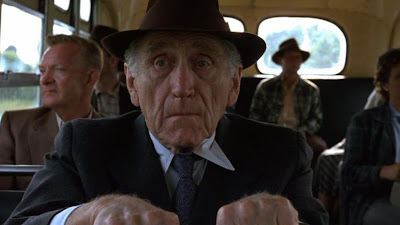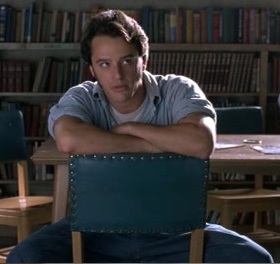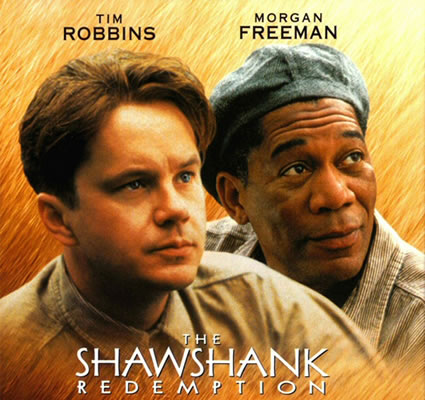I Love Snow!
Winter has come and the streets are full of shiny Christmas trees and couples of people are walking down with happy smiles. Winter, it is my favorite season; I love the winter morning when the whole world shines in clean snow. Winter also reminds me my high school life. I used to hate winter since our feet suffered every morning in a freezing gym, doing morning exercise. I remember that I and my roommates almost shouted for the joy when there was no morning exercise due to a snow storm in the middle of April. Since I graduated from KMLA, so many things have changed, but the snow has always made my heart beats. Now, as an adult, I sometimes miss my school year; I complaint about busy and tiring life, yet I also found happiness from the littlest things. My dream was to become a journalist in KMLA, but somehow I became a short story writer, instead. I just sent my last short story for children. I just finished my new short story for children. I reminded of Sunday morning of a winter vacation when I wrote the story. I wish Ms. Morgan enjoy this story and give me a good feedback.

Ms. Morgan was holding a brown envelop leaning back on a big chair. The name ‘J.S.M‘ was printed neatly at the side of the envelop. “Another piece from J.S.M Hmm….” She opened the envelop and began reading the letter.
Three Wishes
I woke up in the morning at 6a.m. I looked out the window, and… it was snowing! Yeah! Then, I found something odd; it was September. So, how could it be snowing? It must be a miracle. And then I noticed something else: the house was… warmer then when it was not snowing. How could that be? ‘Today is full of mysterious things,” I wondered.
“Snow in September….” Morgan reminded her hometown in Montana, ten years ago. It was September and she was on the way to her mother’s home during her vacation. She was listening to radio, humming the song along. Suddenly, she saw tiny snowflakes landing on the window. It was powdery, smooth snow. First snow in September on the way to comforting hometown listening to All Time Love…. The memory is too romantic and too sweet to forget. Ms. Morgan continued reading with a dim smile.
I pulled a jacket over my shoulders and walked toward the stairs. I hesitantly placed my hands on the railway and hoped it would support me for what I just then saw. Over the window, my father had two suitcases with him, and was putting on his hat. I walked on the corridor, and again something strange was happening. I walked forward and suddenly a lamp on the ceiling stumbled my feet: It was the ceiling that I was walking on! I tried to get out of the house through the window. Then I saw a strange cat with golden fur. She looked like Cheshire, the cat in an old fairy tale, Alice in the Wonderland.
“Alice and Wonderland! It was her favorite tale!" Ms. Morgan met the young writer a few months ago for publishing her new novel. Ms. Morgan found her interesting as she was very shy and quiet yet had glittering eyes of children. She said that her favorite story is "Alice and Wonderland", blushing a little. She said quietly, "I like Luis Carole because he let the free imagination of children as imagination itself". She was again introducing the readers in her snowy wonderland with her Chesire cat.
The thing was very clear: that I was standing on the ceiling looking at the cat in snowy day, and that I was not dreaming. The fairy tale that I’ve been always daydreaming was happening to me. The golden cat suddenly said, “I’ll give you three wishes.” I, without any hesitating, said, “Put me back on the floor, lower the temperature as normal snowy day, and get out of my house!”
She could not help, but laugh at this moment. ‘What a J.S. like humor! She loves fantasy, yet she never forgets to come back to a real life.' Talking with J.S., Ms. Morgan was a little surprised because of her frankness. She did not dare to express her thought or feeling even if it was sometimes eccentric. J. S. was surely not a romantist, but not a pragmatist, either. She was just a writer who was content of her everyday life.
Everything turned normal. Yes, it did. The cat jumped out of the window and disappeared with a whispery “mew”… Out of the window, snowy furry white snow was falling silently. I sighed with a dim smile. Now, I can enjoy my early Christmas making snowman and skating. Dad waved his hands, and I ran out stepping on the white blanket.
'Cute, little story. She comes out of fantasy and enjoys her reality, but still beautiful. Three wishes could be used for luxuries and fancies, but she rather chose the little thing to enjoy her special day with her father. I like it.'
Ms. Morgan stands up from the chair and looks outside. People are passing the street, covered with white snow. She holds up her telephone and puts on her coat.






